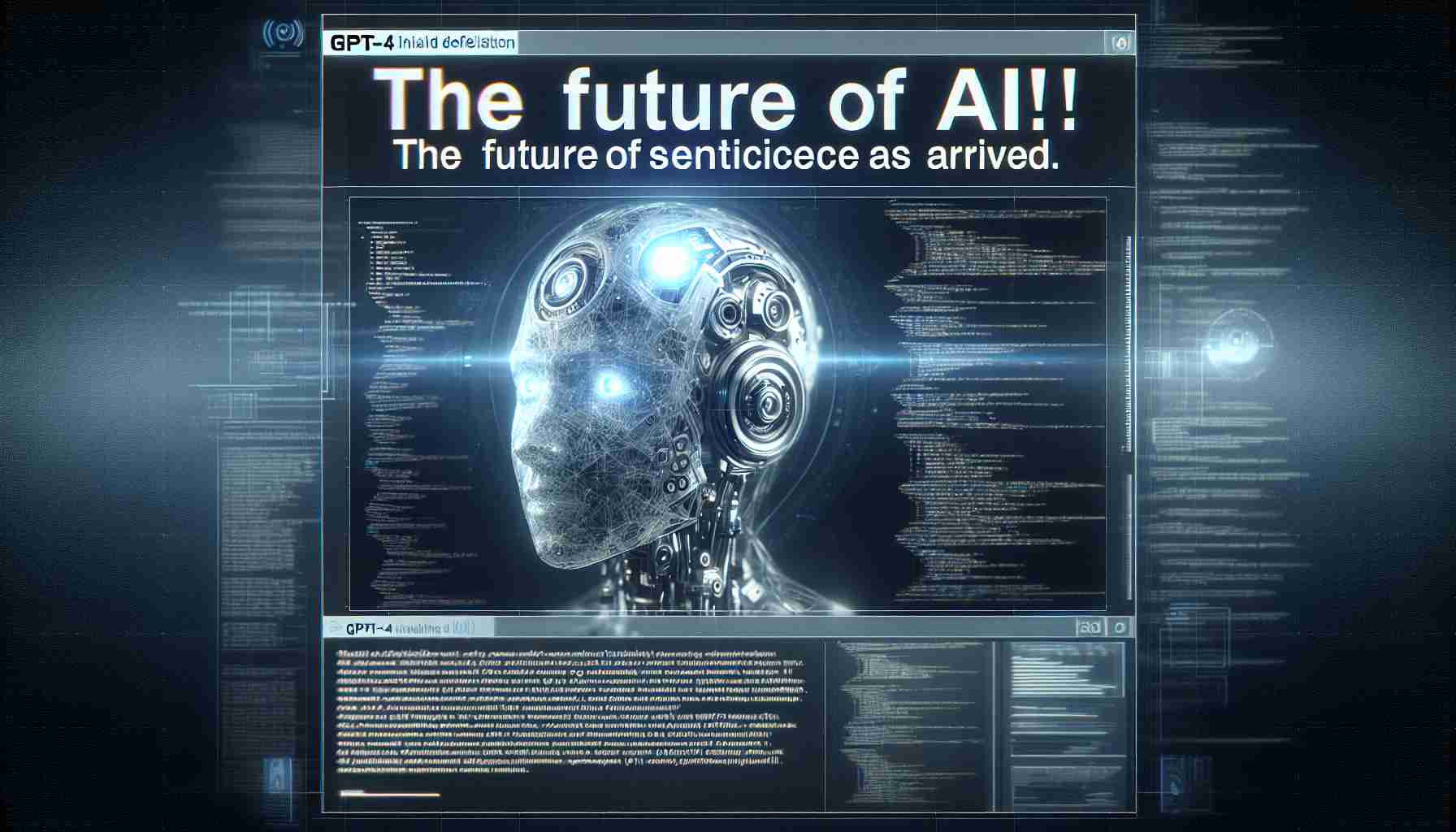As technology marches into uncharted territories, the concept of unitary time evolution is gaining unprecedented attention. Rooted in quantum mechanics, unitary time evolution refers to the reversible dynamics of quantum systems, ensuring information is conserved over time. This concept is not just a theoretical curiosity but a cornerstone for emerging technologies, particularly in the realm of quantum computing.
In a world increasingly reliant on data security and robust computational power, quantum computers promise to revolutionize how we process information. Unlike classical computers, which employ bits, quantum computers use qubits, allowing them to exploit principles like superposition and entanglement. Unitary time evolution guarantees that quantum operations remain coherent and traceable, enhancing both security and efficiency.
But what makes this a topic for today? Innovators are pushing the boundaries, exploring unitary evolution as a way to develop new encryption methods that are virtually unbreakable by current standards. Furthermore, businesses are investigating how this could optimize complex logistical processes, from supply chain management to cryptographic algorithms.
Though still in infancy, the potential applications of unitary time evolution span industries. As quantum technologies mature, they promise not just to enhance current capabilities but to redefine what’s possible. The future beckons a realm where computations are fast, secure, and sustainable, fueled by the immutable laws of quantum mechanics.
Are We on the Brink of a Quantum Revolution? Unitary Time Evolution Could Change Everything
As we stand on the precipice of a new technological era, the intriguing concept of unitary time evolution is gathering momentum beyond quantum computing and into domains previously unimaginable. But how exactly could this affect the broader scope of humanity and technology?
Unitary time evolution is one of the foundational principles that could pivot us into the age of fault-tolerant quantum computing, potentially solving the notorious problem of quantum decoherence. Did you know? One of the most promising applications of this principle is in quantum teleportation, which could have far-reaching implications for secure data transfer and global communication systems. The implications? Imagine transmitting information across vast distances in an instant, changing how we understand connectivity.
What are some controversies surrounding this concept? Critics argue that while the theoretical framework is solid, practical implementation remains elusive. The current quantum hardware is still highly vulnerable to error rates, which can disrupt the unitary evolution process, thus questioning its scalability in practical applications.
Advantages: If successful, unitary time evolution could lead to advancements in artificial intelligence by processing unmanageable data streams efficiently. Equally, it might provide an unparalleled level of security in digital communications, making networks impervious to unauthorized access.
Disadvantages: However, achieving reliable quantum operations could be many years away, facing barriers in material sciences and algorithmic designs. This raises the question—are we prepared to leverage these technologies responsibly?
For more on quantum computing, explore IBM’s insights, and for an understanding of quantum mechanics, check out QC Ware. As we delve deeper, unitary time evolution might just be the foundation upon which the next era of technological breakthroughs is built.















